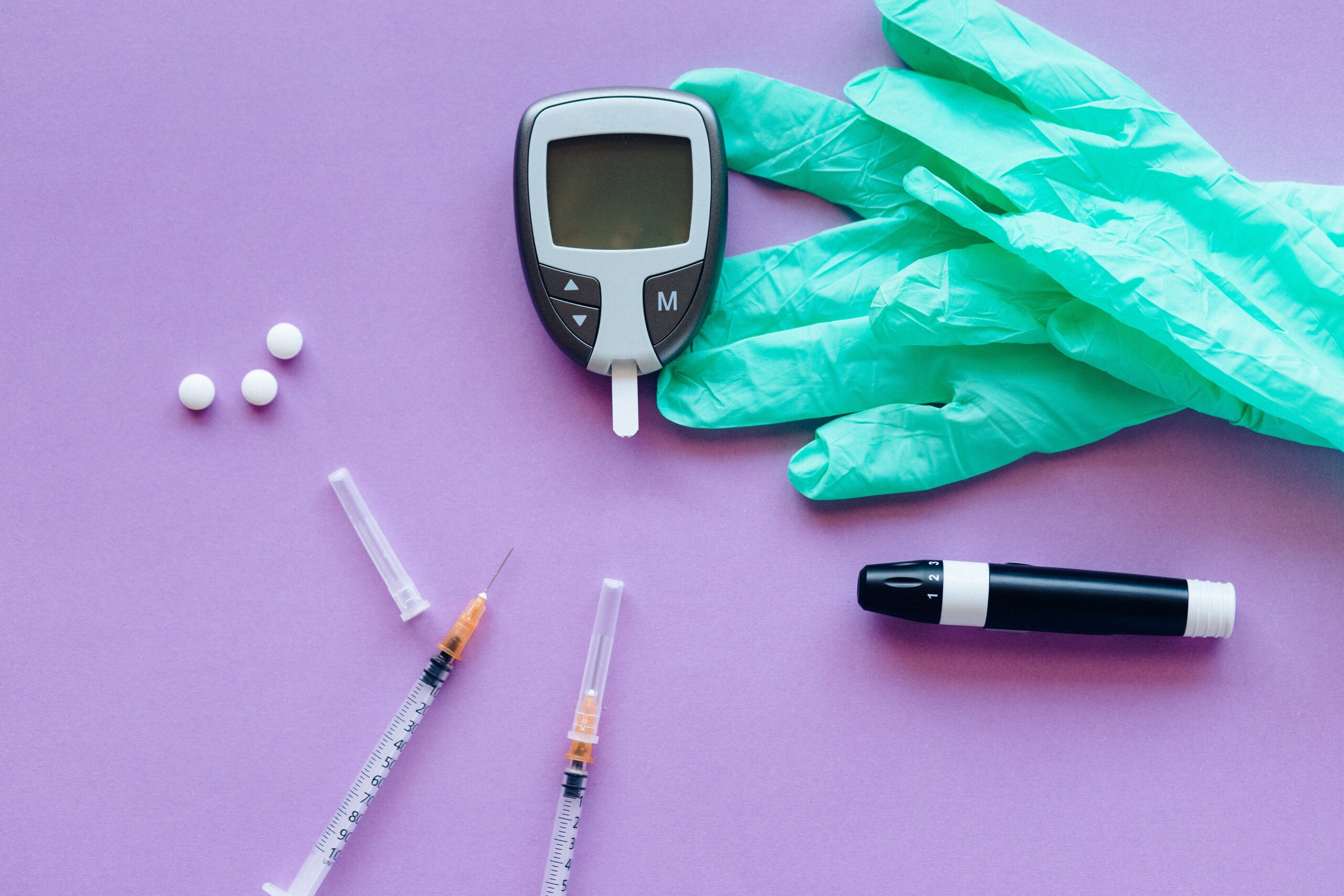According to the World Health Organization, cancer is the leading cause of death globally, where the most common cancers affect the breast, lung, colorectal, and prostate. Cancer is a disease that develops from an abnormal and uncontrollable growth of cells, with the possibility of damaging surrounding tissues and spreading to other parts of the body by entering the bloodstream or lymphatic system. Cells that undergo genetic mutations often lead to the formation of a mass or lump of tissues known as a tumor. Benign tumors do not invade or spread to other tissues, therefore are not cancerous. Meanwhile, malignant tumors can damage surrounding structures and metastasize to other parts of the body.
One of the most common treatments for cancer is chemotherapy, a group of drugs that target and destroy rapidly dividing cells. It helps slow down the growth of cancer, control the spread, and eventually eliminate it. However, it can also damage normal cells in the body, causing many adverse effects. Not all patients respond equally well to chemotherapy. The drug can be very hard on the body, suppressing the immune system and causing many physiological and physical changes. Cancer patients undergoing chemotherapy can experience nausea, vomiting, fatigue, hair loss, gastrointestinal problems, fertility issues, and the list goes on. The drug can also suppress the immune system, making the patients more susceptible to contracting infections.

Due to the toxic effects of chemotherapy, researchers are continuously working on improving treatment options for cancer patients. In January 2024, the BBC reported that a new type of cancer drug is being administered to some children with leukemia located in London, UK. It is considered to be “kinder” than chemotherapy. The drug is called blinatumomab, or blina. It is considered an immunotherapy drug that targets a specific protein (CD19) found in leukemia cells so that the immune system can recognize and eliminate them. In contrast to chemotherapy, blina does not affect the healthy cells of the patient and only focuses on the cancerous ones.
Blinatumomab is a cancer drug licensed to treat adults with acute lymphoblastic leukemia (ALL). Researchers are looking to prove its safety and effectiveness to treat cancer in children. The blina kit can be carried in a backpack and is very portable. The patient can receive the drug intravenously via a battery-operated pump. It is a convenient set up for children since they do not need to be confined in the hospital while receiving treatment and can spend more time with their families at home. According to the BBC, one of the children that received the treatment mentioned that the drug “did not make him too weak” which is a positive outcome for him and his family ever since his previous chemotherapy treatment stopped working.
Roselle Torres
If you found the article interesting, I also recommend this:




